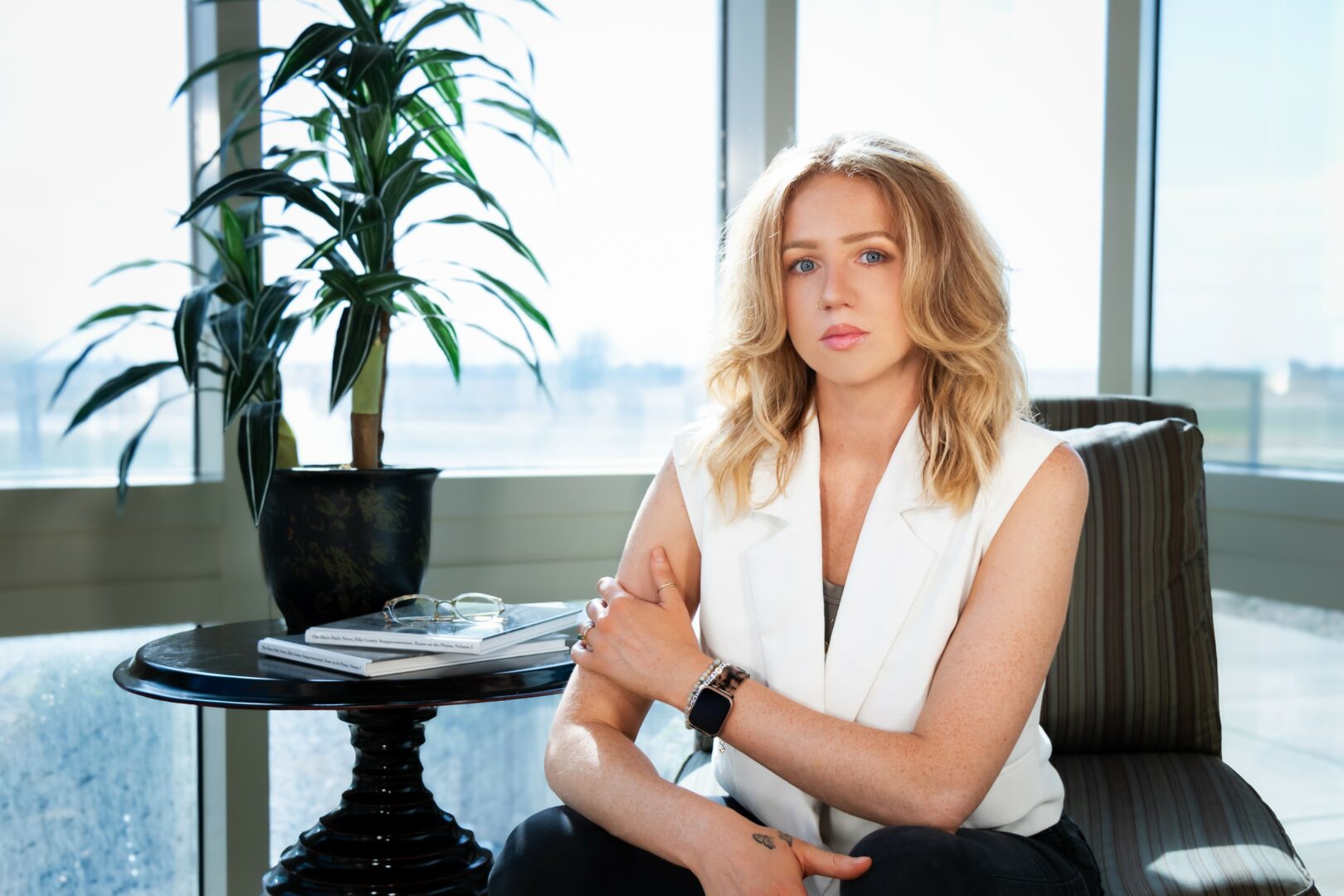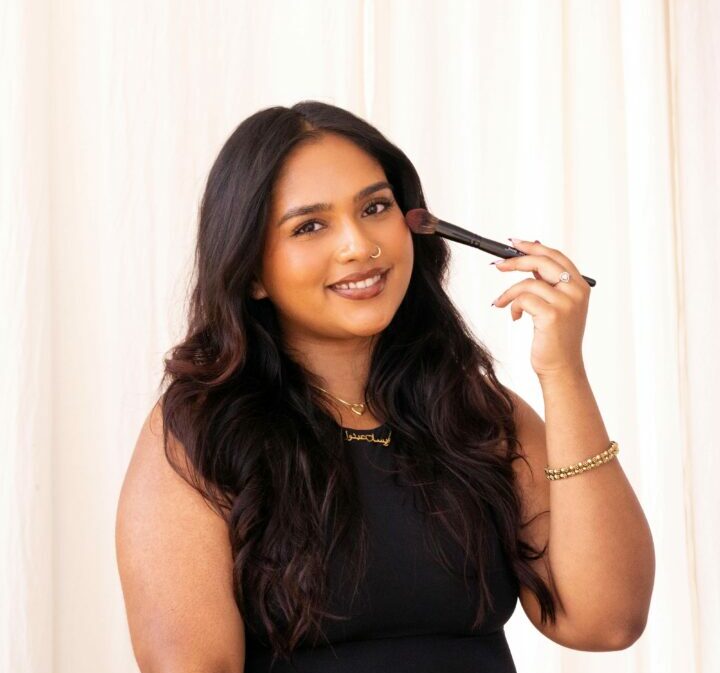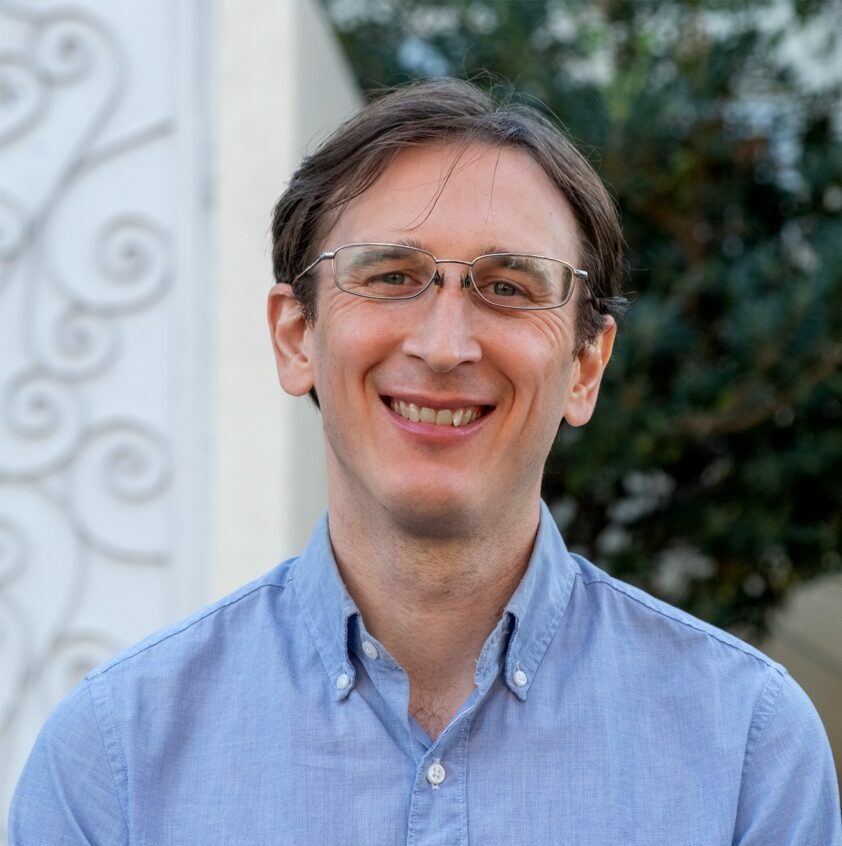Alright – so today we’ve got the honor of introducing you to Joshua Woodcock. We think you’ll enjoy our conversation, we’ve shared it below.
Hi Joshua, so happy to have you on the platform with us today and excited to chat about your lessons and insights. Our ability to make good decisions can massively impact our lives, careers and relationships and so it would be very helpful to hear about how you built your decision-making skills.
One thing I discovered and live by is: not making a decision is worse than not making the best one. I think what’s been important to me is understanding that I may not always make the best decision, but if I trust my intuition and make it for the right reasons, more often than not I’ll get to where I need to go. And this isn’t based just on my own personal preferences, but by constantly studying and learning from others. Indecision adds up. If you allow a dam to build up, it will start to flood over and affect the area around it. I always tell people: look at the problem, make the decision and keep moving towards the goal. Learning to trust yourself is a crucial part of this. The path to what you’re trying to accomplish isn’t always a straight line – it can meander, but if it gets you to where you’re trying to go, you’re doing it right.
This thought process has had a big affect on how I approach film. Directing films is really about being able to make decisions on the fly. Preparation helps to limit the number of decisions you have to make on the spot, but you can’t plan for everything. I think it’s why directing is my favorite thing to do – being presented with constant puzzles you need to solve quickly. I often think of this story: when Steven Spielberg made Saving Private Ryan, he got to set and the sun was on the opposite side of where he originally planned for. He stepped aside for a minute and figured out a new way to approach it. He didn’t allow it to hold up other areas of production – he re-blocked it and went with it. Some of the best directors are the ones that trust their intuition enough to not second-guess themselves. I think this applies to all areas of life. Sometimes you gotta trust yourself and keep putting one foot in front of the other.

Great, so let’s take a few minutes and cover your story. What should folks know about you and what you do?
I’m a director, producer, and cinematographer working in advertising and most recently on my first feature film. As a 19 year old I wrote: “The fact is, if I could do anything I wanted to do, I would direct films. However, I’m rational about it. I would never jump into it without knowing if I was good enough, and I don’t pretend to know whether or not I am.” I dreamed of making films since then, but I viewed it as a risky professional industry to get into. Instead, I handled my creative itch by working on passion projects in music and film while living in Japan and later while pursuing my law degree. The day before my law school graduation ceremony, I was with my grandfather as he passed away and that experience had a huge effect on me. I know graduation was a big event that I should’ve been excited for, but I immediately wasn’t anymore. I skipped the ceremony and drove from Detroit down to Tennessee for his burial. The drive itself felt like an important moment to me at the time. Something about the occasion punched me in the gut and told me, “life is short and if you want to do something, you gotta go all in and do it.”
Film was a tough industry to get into, but I worked hard and was lucky to land a job as a producer in advertising. Over nearly 10 years, I’ve created branded films and documentaries for companies like Adidas, America’s Navy, and Maserati. I had great mentors that trusted me to pursue my passion for directing and gave me opportunities along the way. Since then, I’ve made over 200 commercials. It’s been incredibly rewarding and exciting – I’ve launched off aircraft carriers, filmed with an NBA All-Star, and have been able to work with companies that I’ve been a fan of since childhood.
With my experience from producing content for brands, I pursued my passion for creating my own films. I’ve written and directed music videos and several short films that have premiered at festivals around the world. Last year, I wrote, shot and directed my first feature film “One Night in Tokyo” that went on to win the audience award for best drama at Cinequest. It features music by Topher Horn, one of my closest creative partners whom I’ve worked with on nearly all of my projects. It was picked up for distribution and we’re excited for its release later this year.
I continue to work on my craft daily while creating content and planning my next feature film. I had to make a lot of tough choices and sacrifices, but I always remind myself of how lucky I am that I get to wake up and pursue my passion every day. Sometimes the best decisions aren’t the rational ones.

There is so much advice out there about all the different skills and qualities folks need to develop in order to succeed in today’s highly competitive environment and often it can feel overwhelming. So, if we had to break it down to just the three that matter most, which three skills or qualities would you focus on?
#1 The most important quality that has helped me on my journey is this: you can’t wake up with the whole weight of the day on your shoulders from the get-go. It’s important to break everything into smaller essential tasks. I try to set the rhythm for the day in the first hour. I make a to-do list every night and hit those items first thing in the morning. By the time I’ve “started my day” I’ve already set myself up so I don’t feel behind.
#2 Second, I think an important skill to learn early on is dropping your ego. Ego clouds judgment, it hurts your ability to collaborate and build relationships with others, and its benefits are superficial and selfish. Instead, I believe it’s better to focus on building a healthy sense of confidence in yourself – one that is always malleable and able to adapt to new situations. That way, you’re constantly growing. If you ever find yourself making decisions based on your own ego, it’s important to take a step back and think about your goals again.
#3 Last, I try to balance out time for my friends and family as much as possible. I had struggles with this early on in my career but try to be mindful to make time for them. You can sometimes get tunnel vision on whatever you’re focusing on professionally. The people around you will keep you centered and are the ones that’ll always be there to support you – make sure that you’re there to reciprocate that. You’ll develop better relationships with those around you and those relationships will define you more than your work will.

Looking back over the past 12 months or so, what do you think has been your biggest area of improvement or growth?
Over the last 12 months, the most important thing I’ve learned is to step back and enjoy the journey as it happens more. You can set goals for yourself and achieve and achieve, but it doesn’t mean anything if you don’t sit in that moment and enjoy it for a minute.
I recently welcomed my first child and watching her experience all these new things and take in everything around her has reminded me that even as adults we should be mindful of that. All these new experiences pass by so quickly and it’s important to enjoy them before focusing on the next step. Even the little things feel more rewarding that way.
Contact Info:
- Website: http://joshuawoodcock.com/
- Instagram: @joshuadwoodcock
- Linkedin: https://www.linkedin.com/in/joshua-woodcock
- Other: https://vimeo.com/joshuawoodcock/directorsreel


so if you or someone you know deserves recognition please let us know here.




